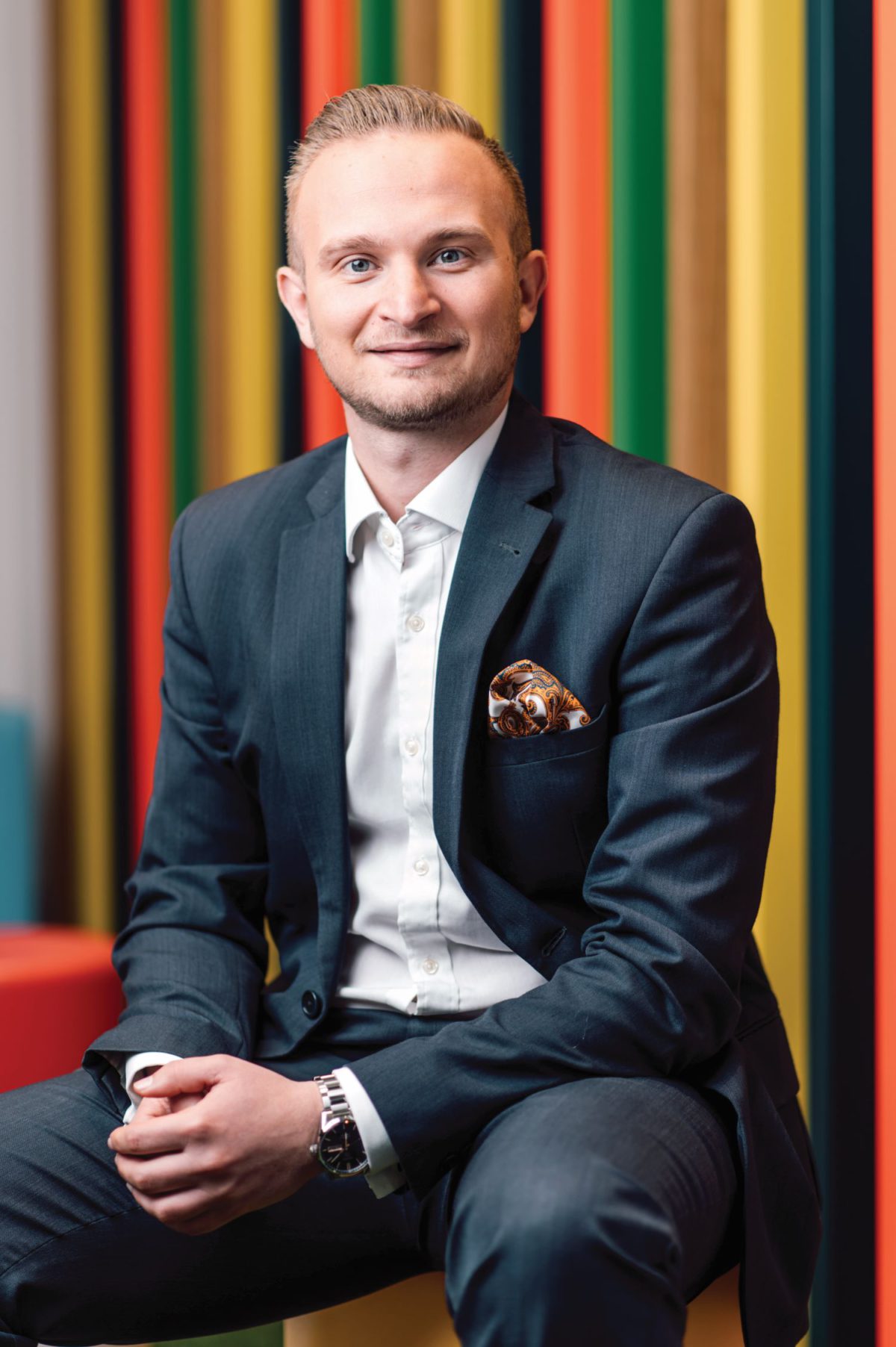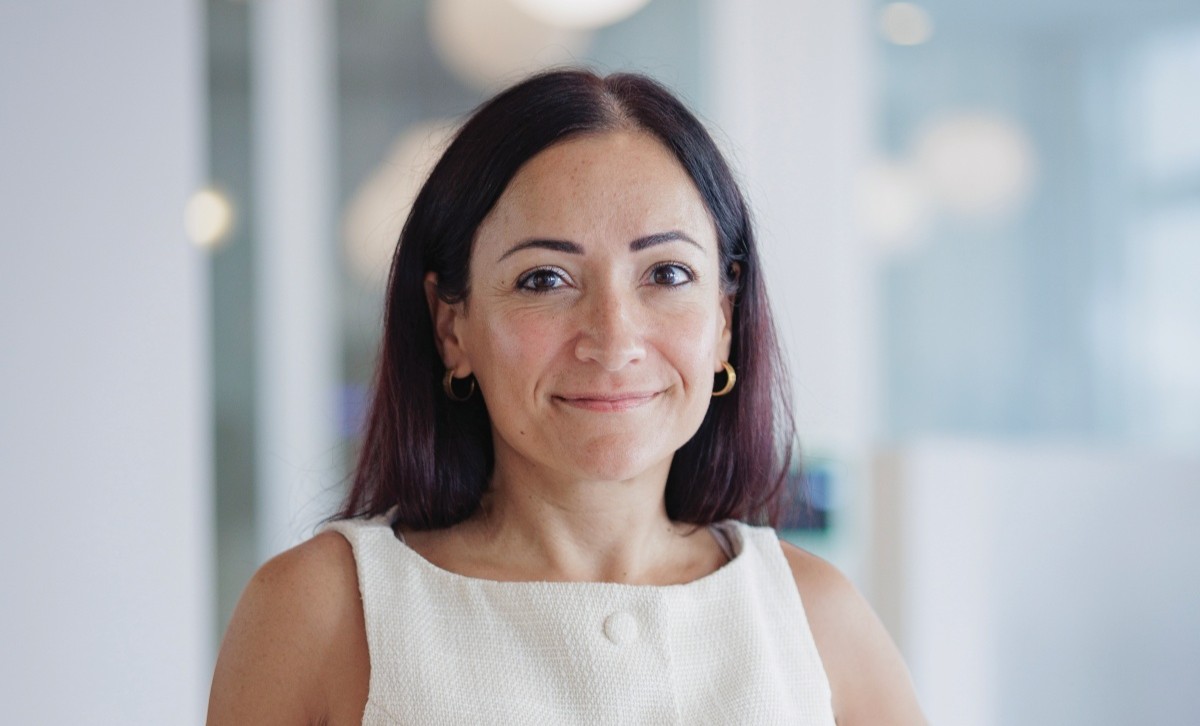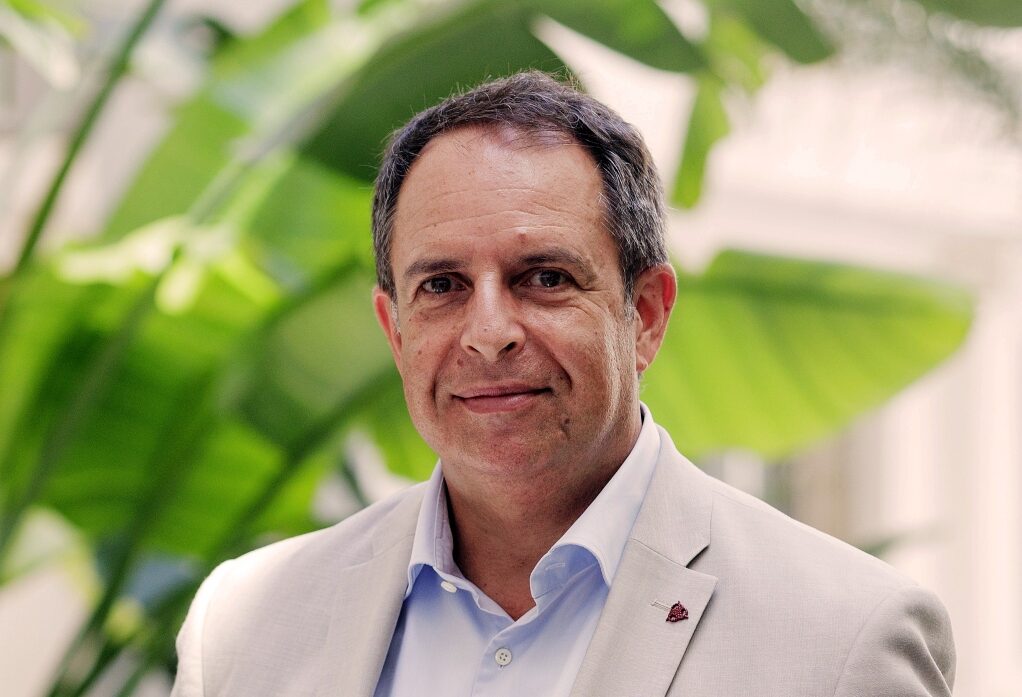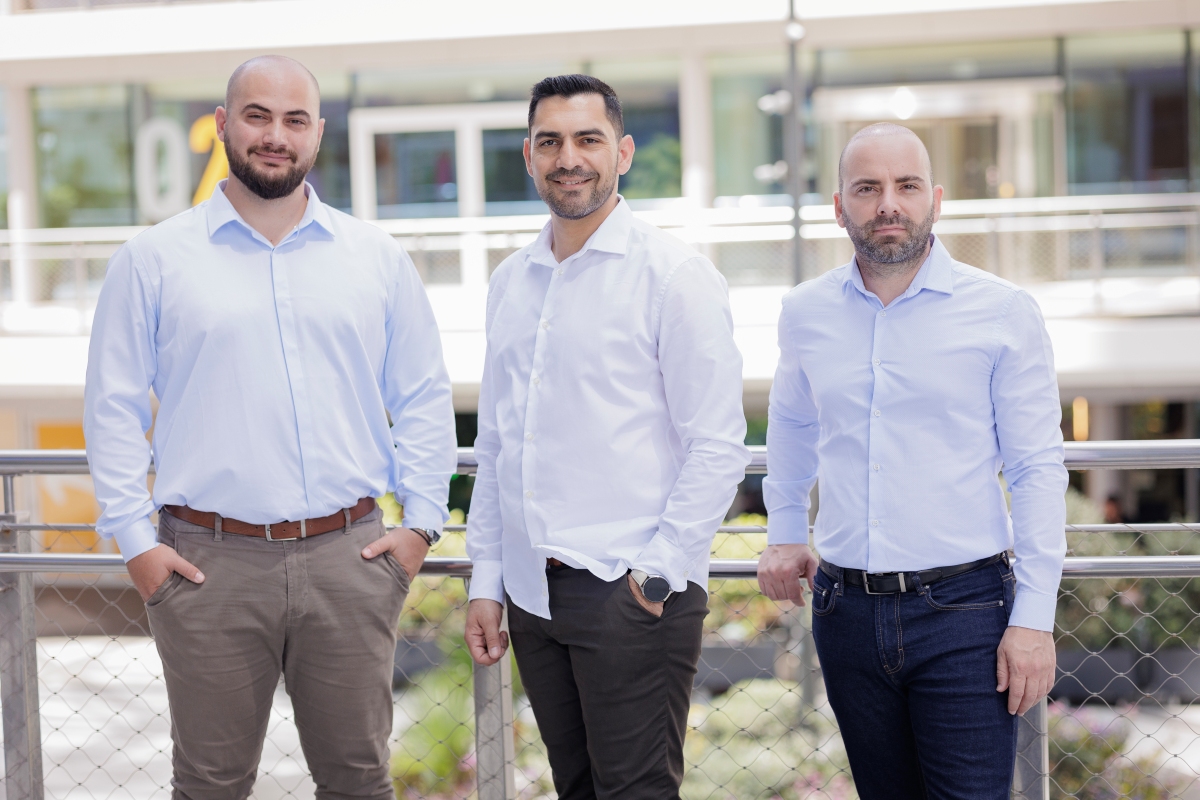Upon being appointed Chief Operations Officer of the Malta Digital Innovation Authority (MDIA) last February, Francois Piccione hit the ground running. His immediate focus was on strengthening internal structures and exploring new ventures, in order for the Authority, which he describes as “still quite new, yet willing to grow”, to keep abreast with new technologies and policies being discussed at EU level.
“My role as Chief Operations Officer is to ensure that the Authority runs smoothly,” he explains, noting that various departments fall under his remit, including Procurement, People, Finances, Marketing and Business Development. The role also calls for Mr Piccione to ensure that the Authority is able to continuously adapt to new aspects and strategies.
Having previously held the role of Executive Secretary of the Malta Blockchain Taskforce, formed part of the Malta.AI Taskforce and represented Malta in several meetings related to the digital economy, Mr Piccione affirms that “thanks to the experience I managed to garner, I am well-positioned to provide strategic advice in terms of digital strategy, which will ultimately lead to a better holistic approach in Malta.”
At its core, the Malta Digital Innovation Authority is there to certify and ensure that the technological product is fit-for-purpose, in so doing, ensuring trustworthy innovative technology arrangements for users.
At its inception in 2018, Mr Piccione highlights that the MDIA was the first Authority of its kind in the world. “Malta is a leader in this sector, with a regulatory framework and an Authority that certifies technology. Three years down the line, we are seeing the European Union, through the proposed AI Regulations, proposing the setting up of a digital authority to certify such technologies,” he maintains.
Pointing to another feather in its cap, the COO continues, “back in 2019, the Authority was endowed with overseeing the implementation of the national AI strategy. This led to MDIA implementing various deliverables such as an AI-focused scholarship fund, schemes for research related to it, the implementation of AI pilot projects, and so on.”

Elucidating on some of the tangible ways the MDIA has helped Malta’s digital start-ups and SMEs over the years, Mr Piccione says that initially, it was mainly a question of discussing which standards should be implemented to build trust and ensure user protection. However, now, through various incentives taken on by the MDIA itself as well as through the widening of its remit, the Authority provides hands-on assistance to digital start[1]ups and SMEs in building their products. Here he refers to the Technology Assurance Sandbox, where “guidance is provided through a safe environment and measured against a set of control objectives which specifically address the technology at hand. This will provide the developer a gradual build-up of the product in line with established standards.”
One cannot discuss the digital landscape without making reference to COVID-19, which has had profound effects on businesses across industries, forcing companies to look into creative digital solutions in order to function remotely. Discussing the primary ways in which the pandemic has impacted Malta’s businesses, Mr Piccione says that businesses had to adapt quickly.
“While the shift to digital platforms was always possible prior to COVID-19, the pandemic caused businesses to remedy themselves in a short period of time to remain competitive and to stay in operation. Businesses raced against time to implement a technological system which could accommodate their needs,” he maintains, adding that this also raised some concerns among the end-users. “Having a digital platform was comfortable, but was it possible that the end-users were in some way or another affected negatively? Were there some businesses which didn’t have the expertise to explore the digital world?” he posits.
“We are now seeing a change in how people are doing business. We are foreseeing that the public will continue to use online platforms to buy things post-pandemic. Thus, as an Authority we need to ensure that no business is left behind,” Mr Piccione determines.
Revealing how the MDIA aids local start-ups and SMEs in this regard, the COO highlights an award launched by the Authority, for innovative technologies in response to COVID-19. “It was aimed at encouraging the fast deployment of innovative technology to address the COVID-19 societal challenge, and which can also be used in similar future scenarios,” he says, explaining that the award was sparked by the fact that the coronavirus caught the world off-guard, rendering it unable to stop the spread due to a lack of global countermeasures. “The immediacy of the threat meant that the response deployed needed to be fast and effective,” Mr Piccione affirms.

Moreover, given the fact that the pandemic also affected the financial aspect, he continues, “digital start-ups and SMEs are now being offered the possibility of being guided in the build-up of their products through the Technology Assurance Sandbox at a highly reduced rate. It is an initiative which prepares the product to be in line with established standards and gives a competitive edge.”
Expanding on the world’s first Technology Assurance Sandbox, which was launched in Malta in May 2021, Mr Piccione explains that it is aimed at offering a safe environment where digital start-ups can develop their solutions according to recognised standards. “The idea is that start-ups have a final quality product which protects the customer. Solution owners will be guided through a two-year residency through which their product is aligned with internationally established standards of Control Objectives in a gradual manner, which will ultimately lead the way to apply for full certification,” he notes.
“Through this initiative, we want to enhance and strengthen the local digital product. On one hand, you have the service provider who can sell with ease of mind a product that works as it should. On the other hand, there is the investor and user, who is investing or buying a product which was already scrutinised against high levels of standards recognised on a European and international level,” the COO continues, pointing out that this is in line with the fact that the digital market is a very competitive one that expects nothing but the best quality and efficiency, and which allows no room for error.
“One must also mention that the European Union is now recommending the adoption of a sandbox utility, proving again Malta’s innovative foresight in this aspect,” he adds.
Delving further into the MDIA’s recent work, the COO refers to the Pathfinder MDIA Digital Scholarship launched in June 2021, which is intended to support students in postgraduate degrees that are either focused on or contain an element of AI.

“Funding amounted to €100,000, whereby each student was entitled to a maximum of €10,000 over the duration of their course. A further €20,000 were confirmed, bringing the total amount of funding to €120,000,” he maintains, explaining that the Digital Scholarship covered tuition fees and bench fees, together with a study allowance for full[1]time awarded applicants. “Its aim was to ensure that Malta is equipped with skilled human resources and to further ensure that team leaders and R&D staff are exposed to cutting-edge techniques through Master’s and PhD programmes,” Mr Piccione continues.
In recent months, the MDIA also contributed to research projects being held under the auspices of the University of Malta, with funding amounting to more than €160,000 and targeted toward three projects aimed at using AI in everyday life.
Elaborating on these, the COO explains, “through the Speech Processing project, researchers are given the necessary tools to create software by which systems understand the spoken Maltese language and process it. On the other hand, the Text Processing project will permit researchers to strengthen their technical tools so that the written Maltese language is understood and processed by systems. The third project is Edu.AI, which seeks to implement AI as an assistive tool in education.”
Turning his sights to the future, Mr Piccione says that the Malta Digital Innovation Authority is continuously working on being part of Malta’s digitalisation programme.
“Not only is the Authority the first of its kind in certifying technology but it was also the first to launch the Technology Assurance Sandbox,” he affirms, linking this with the Authority’s upcoming project which will focus on providing the necessary tools to bring digital ideas to fruition, as well as its new Technology Assurance Assessment Framework, which will allow the Authority to offer various products aimed for different types of business, be it a start-up or a well-established company. “Moreover, we remain committed to assisting the Government of the day on any issues related to technology,” he concludes.
This feature was first carried in the 2021/2022 edition of Digital Island
‘People bring their best when they feel supported and valued’ – CLA Malta’s Dorianne Campbell
Dorianne Campbell on going the extra mile to create an environment that treats employees as the organisation’s most valued assets
Wolfgang Tweraser’s relentless drive for efficiency, sustainability and excellence
He brings 40 years of international business experience into his most recent endeavour – TW Consulting & Trade Ltd
Malta’s next leap: Secured
How ESET delivers enterprise-grade security to meet Malta’s digital ambitions






